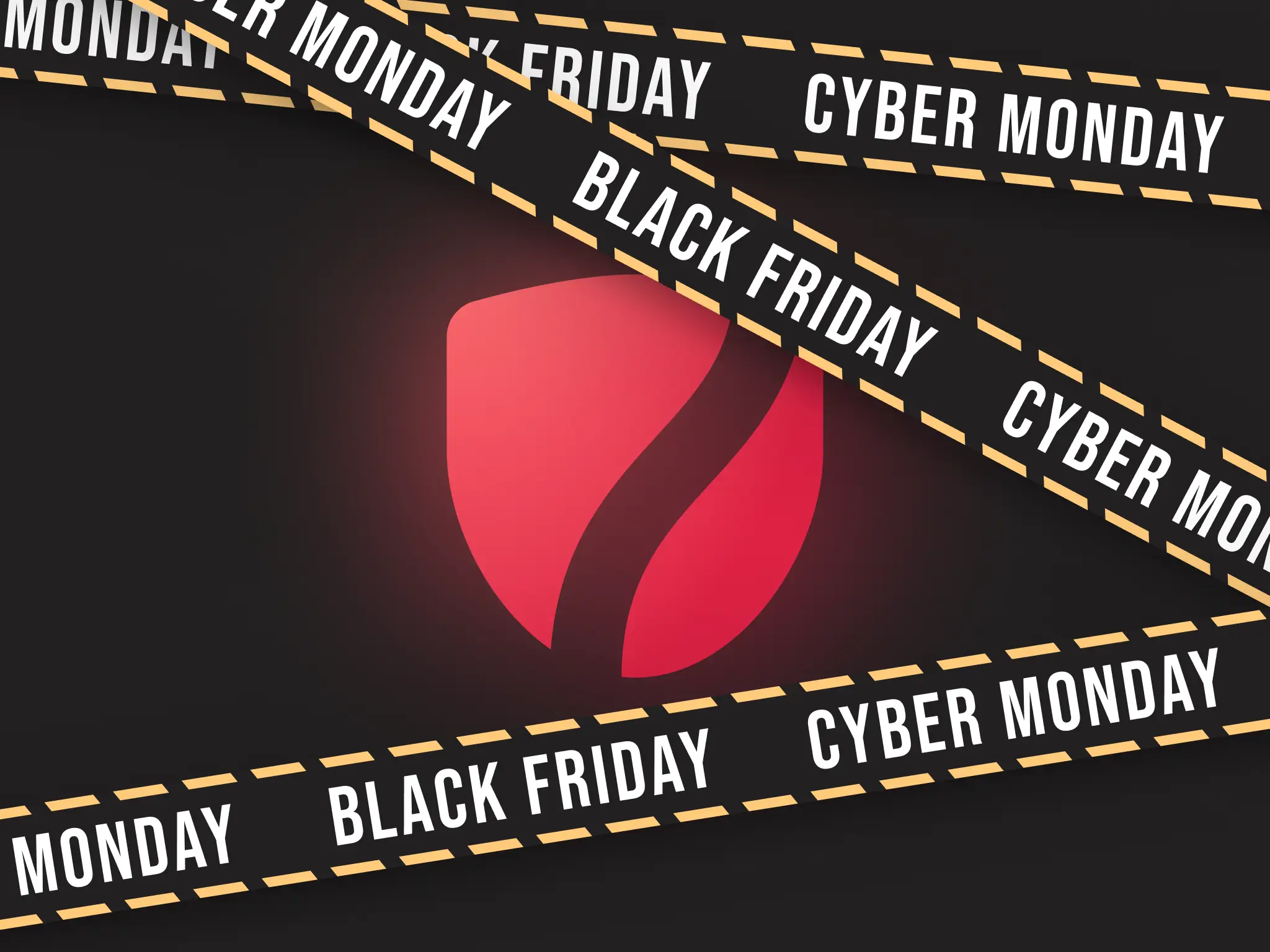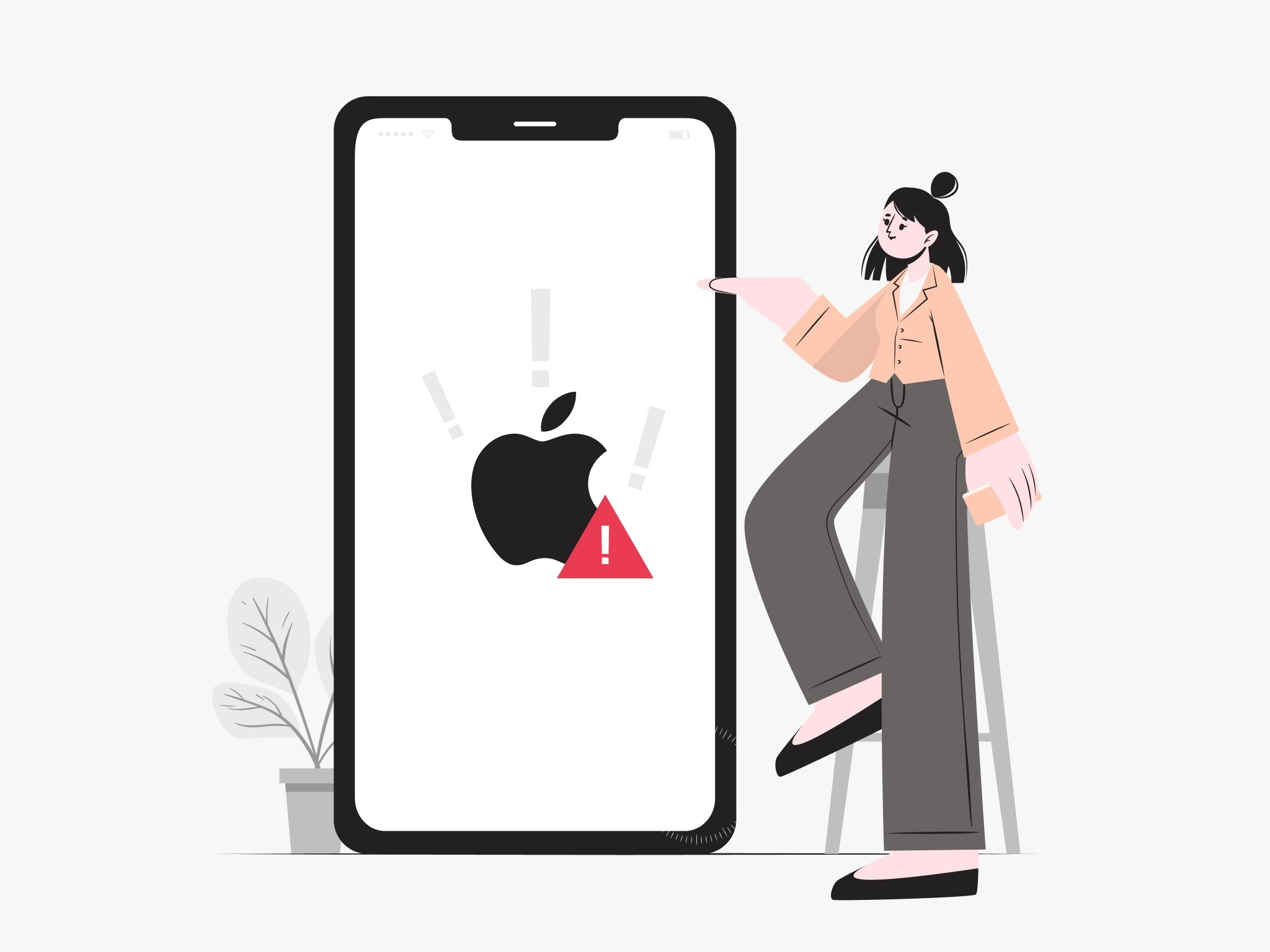Digital privacy and security have become a pressing concern for the 4.9 billion people around the globe who use the Internet for work and entertainment.
With the increase in cyberattacks (+38% in 2022), identity theft (in 2021 alone, the US Federal Trade Commission registered 5.7 million reports of fraud and identity theft), and other malicious activities, people seek ways to anonymize their online activity and secure data.
Two popular tech tools that help people accomplish this goal are virtual private networks, known universally as VPNs, and proxy servers.
But how do they differ, and when should you use them?
Proxy vs. VPN: Where Does the Line Fall?
Disclaimer: As the company behind 7VPN, a reliable VPN with a strict no-log policy, a wide choice of servers, and strong encryption, we’ve written plenty of articles about virtual private networks; you can check them out on our corporate blog. You can also use the 7VPN IP checker tool to learn whether your browsing activities are anonymous.
Without further ado, let’s solve the VPN vs. proxy riddle.
What You Need to Know About Proxy Servers
Proxy servers are intermediaries between your Internet-connected devices and web services. Your traffic flows through these servers before reaching its final destination. As a result, the hosting company does not see your factual IP address, which the proxy server replaces.
Proxies may function as firewalls and web filters, protecting your devices against hacks. Additionally, they can improve your browsing experience by compressing traffic and caching files.
There are several types of proxies you could use to anonymize your online activities:
- Forward proxies, which facilitate data exchange in groups of users and assess requests before establishing connections
- Public proxies, which merely give you another IP address and lack protective mechanisms
- Anonymous and high anonymity proxies, which take extra steps to hide your activities — for instance, by deleting your data before connecting to websites
- Secure socket layer (SSL) proxies, which, besides giving you an alternative IP, render the traffic traversing the network unreadable to third-parties
Our list is not exhaustive; however, it should give you a general idea about proxies — and complicate the VPN vs. proxy matter even further.
The thing is, while many proxies encrypt data similarly to VPN products, the process is handled by the proxy server operator. Since almost 70% of free-of-charge proxies are managed by criminals, we recommend avoiding using proxies unless you can vouch for the company behind them.
Conversely, proxies — especially those lacking encryption capabilities — can be faster than VPNs since they simply redirect your traffic, requiring less computing power.
What You Need to Know About VPNs
A VPN is a service that encrypts your internet traffic and passes it through remote servers. This way, the website or service you access doesn’t know where you are.
Essentially, that’s how proxies work, too — but there’s more to VPNs than concealing your location.
First and foremost, VPNs use advanced encryption technologies, so no one can intercept or manipulate your data, even if you join an unsecured Wi-Fi network. As a result, the cyber protection offered by VPNs is hands down stronger than that of proxies.
Additionally, since a VPN tunnels your internet traffic, it can be used for miscellaneous internet activities, from video content streaming to gaming and surfing the web. At the same time, proxies are best suited for casual browsing.

When to Use a VPN vs. Proxy
Now that you know how the two online communication technologies differ, let’s figure out whether you should use a VPN or proxy and in what circumstances.
Proxy Server Use Cases
Proxies are useful when you don’t want to reveal your IP address but do not care much about security. Such instances include:
- Web scraping. If you’re harvesting data from a third-party website — for example, as part of competitor research at work — the company running the website won’t block you by your IP address.
- Accessing location-restricted content. If a website is blocked in your region, proxies will unlock access to it.
- Faster browsing. Proxies cache frequently used websites and load them faster, improving your online experience.
VPN Use Cases
VPNs are the go-to solution for users looking to take their online security and privacy to the next level. Here are a few examples of when you might use a VPN:
- Using public Wi-Fi. You can hold Zoom meetings with your colleagues from your favorite coffee shop. But connecting to unsecured Wi-Fi opens a backdoor for cybercriminals searching for sensitive data. A reliable Windows, macOS, Android, or iOS VPN will scramble your data.
- Torrenting. If you’re downloading files via peer-to-peer (P2P) services, a VPN won’t allow your Internet provider to monitor your activities. However, virtual private networks lack antivirus software capabilities, so if you execute a malicious program embedded into your downloads, your devices will be infected.
- Using online banking, eGovernment, and work applications. A VPN protects against data breaches when using banking applications, eCommerce apps, and any other software dealing with sensitive data. The effect is achieved through end-to-end encryption coupled with IP masking.
- Accessing geo-restricted content. By replacing your actual IP address with a server address registered in another country, VPNs help users avoid restrictions imposed by their governments or companies running particular websites and streaming services.
- Browsing ad-ridden websites. Free streaming platforms and news and entertainment websites turn to banner placement to keep their businesses afloat. And while Google collaborates with advertisers to flag dangerous websites and ads, adware — i.e., malicious software that populates your feed with unwanted ads, making money for its publishers — now comprises 48% of all malware on the Internet. Modern VPN solutions, including 7VPN, come with built-in adblockers that remove intrusive and potentially dangerous ads from your browsers, minimizing the risk of catching a computer virus.
VPN vs. Proxy: What’s the Right Option for You?
The choice between a VPN vs. proxy ultimately depends on your specific needs.
If you’re simply looking to hide your IP address and bypass restrictions, a reliable proxy server might be just what the doctor ordered. However, if you’re concerned about compromising your data, use a VPN instead.
And you can always contact the 7VPN team for a personal cybersecurity consultation!



